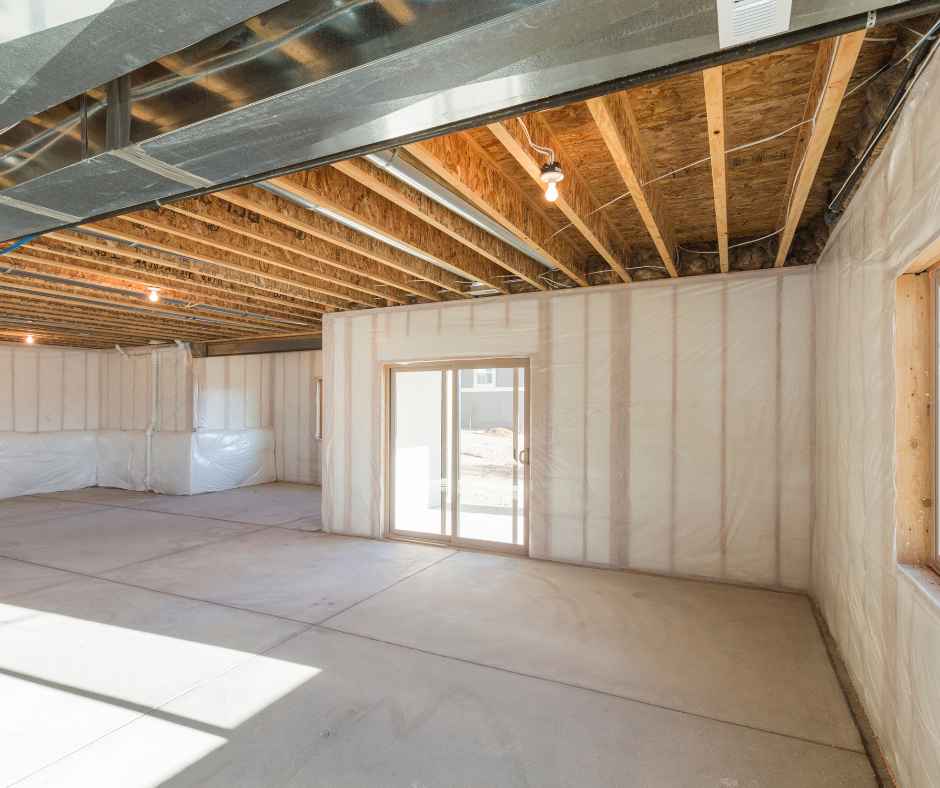Resources
What is a Good Humidity Level for a Basement?

Find the Optimal Zone
Michigan basements, known for their unique challenges, often leave homeowners wondering about the perfect humidity level. Maintaining an optimal basement humidity isn’t just about comfort; it’s also crucial for preventing potential issues like mold and musty odors.
The Optimal Humidity Zone
Basements are prone to dampness, making them susceptible to high humidity. Ideally, you want to keep your basement humidity levels between 30-50%. Too much humidity can lead to mold growth and structural damage, while too little can result in discomfort and potential damage to stored items.
Why Optimal Humidity Matters
Maintaining the right humidity level is key to a healthy and comfortable living space. High humidity can create an environment where mold thrives, impacting both your health and your home’s structural integrity. On the other hand, low humidity can lead to discomfort, especially in finished basements, causing issues like dry skin and respiratory problems.
Achieving the Perfect Balance
To achieve the optimal zone of 30-50% humidity, consider investing in a dehumidifier. These devices work wonders in removing excess moisture from the air, preventing mold growth and musty smells. Regularly ventilating your basement, fixing leaks promptly, and insulating pipes can also contribute to maintaining an optimal humidity level.
Don’t Ignore the Warning Signs
Keep an eye out for signs that your basement may be experiencing humidity issues. Musty odors, visible mold growth, and condensation on windows are red flags that should prompt immediate action. Addressing these issues promptly can save you from more extensive problems down the road.
Call Michigan Basements for Basement Waterproofing
For long-term humidity control, consider professional basement waterproofing. Our professionals at Michigan Basements specialize in creating dry, comfortable spaces that stand the test of time. Don’t let humidity wreak havoc; take proactive steps towards a healthier home.


